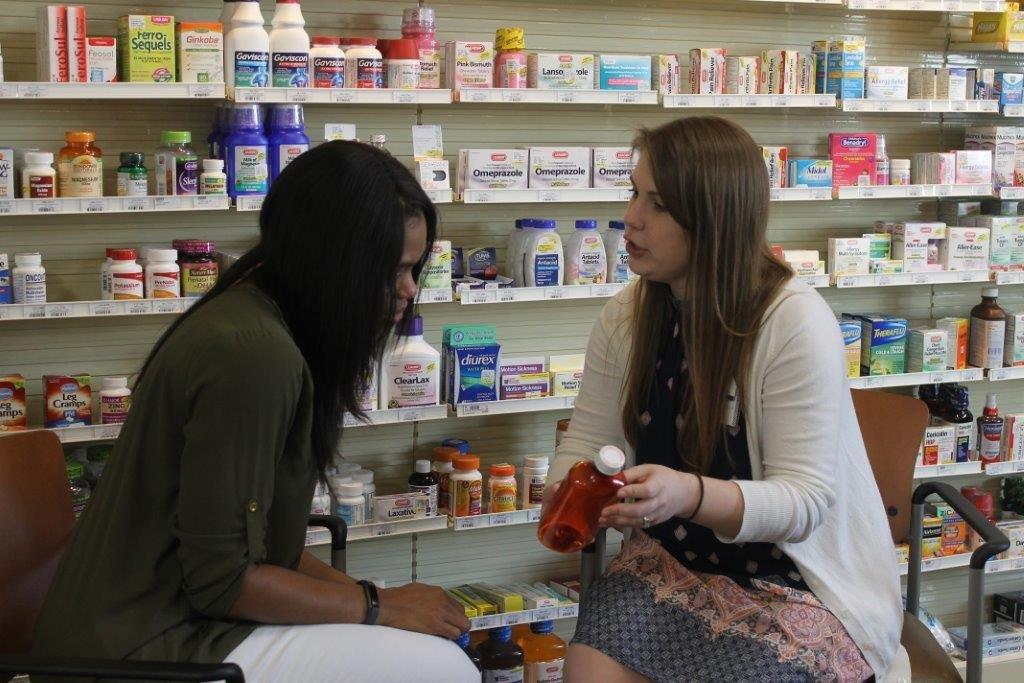Even if physicians do everything right — diagnose a patient correctly and prescribe the appropriate medication — it means nothing if the patient cannot afford or access that medication. SSM Health in St. Louis is working to solve this problem for its patients through a pharmacy concierge program.
"[Patients] don't have to worry about choosing between groceries and medication," says Subash Maddipoti, the regional team leader of pharmacy concierge at SSM Health.
The program started at SSM Health DePaul Hospital in Bridgeton, Mo., in 2015. Highly trained pharmacy technicians — many of whom have master's degrees in social work — are embedded in pulmonology and endocrinology physician offices. The system started with those two specialties because if patients "don't have their inhaler or insulin, it's a life-threatening issue," Mr. Maddipoti explains.
The technicians work with patients to make sure they can afford the medications prescribed by the physician — if the medication is covered by insurance, the technicians work to get it at the lowest possible cost; if it's not covered, they look into different class medications, alternative therapies or manufacturer assistance programs to ensure patients are getting the treatment they need.
Patients can call technicians with questions or concerns about their ability to pay, but technicians will also proactively reach out to patients who have an appointment and ask directly about any medication access issues.
"We're there in the office to remove or reduce the financial barriers of care for that patient," says Laura Oster, the director of pharmacy for SSM Health DePaul Hospital and regional director of the pharmacy concierge program.
Manufacturer assistance programs can be particularly difficult to navigate, as they require piles of paperwork, tax forms and physician letters to qualify. "The paperwork for those programs is very laborious," says Tim Roettger, SSM Health's regional vice president of pharmacy services. "Staff typically don't have time to provide that information," he says, but the pharmacy concierge team does.
The physicians are appreciative of the in-office support, according to Mr. Maddipoti. "Physicians really want to focus on the clinical side of their job, not formularies [or] … insurance busy work," he says. "[But] they want patients to get access."
In a year at DePaul, the concierge service assisted 2,700 patients, and through manufacturer assistance programs alone, provided $5.9 million of drugs at no cost to patients. Patients in the program save an average of $68 per month on their prescriptions relative to the general populous as well.
Additionally, chronic obstructive pulmonary disease readmissions have become less common because of the program. Previously, COPD patients averaged one readmission a year. Now, the average is 0.26 readmissions each year, amounting to a 74 percent readmission reduction that can in part be attributed to the concierge program and those patients having steady access to the drugs they need.
The concierge pharmacy service has now spread to two other locations with the goal of being "embedded in as many [pulmonology and endocrinology] offices as we can," says Mr. Roettger. "We'll move to wherever we have those clinicians located in the region."

